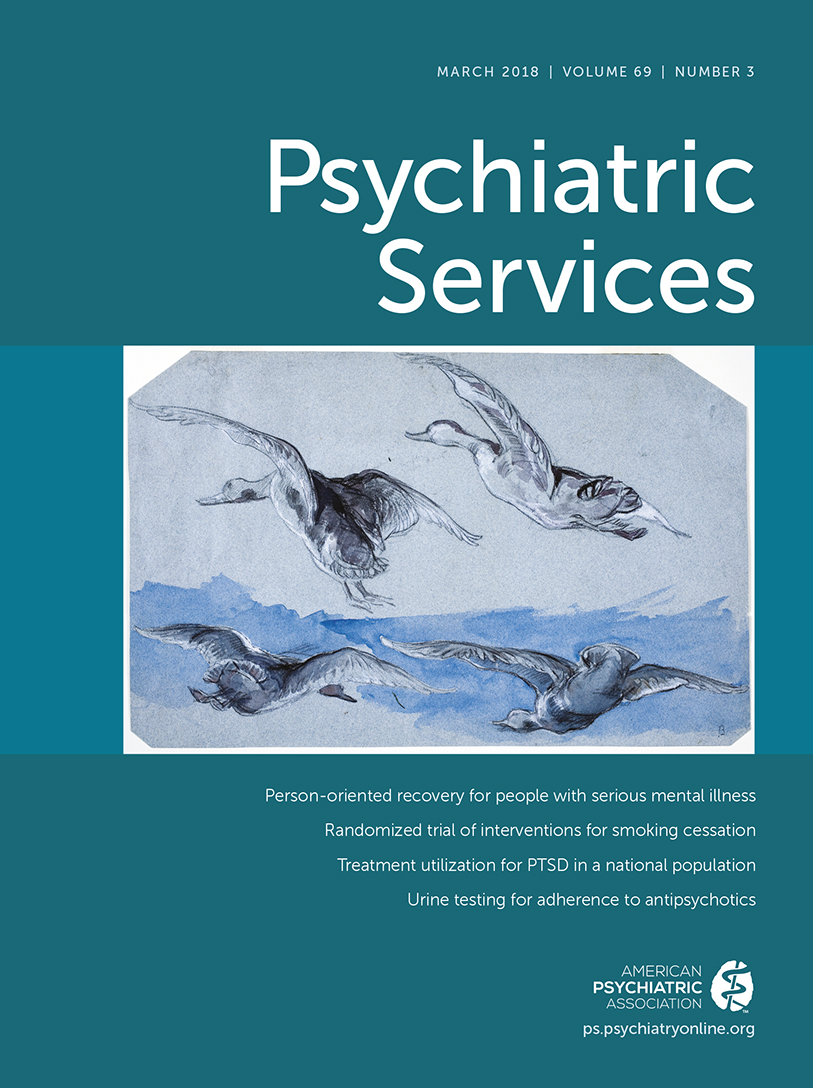Use of a Mental Health Center Collaborative Care Team to Improve Diabetes Care and Outcomes for Patients With Psychosis
Abstract
Objective:
This study aimed to evaluate the feasibility, acceptability, and preliminary effectiveness (compared with usual care) of a collaborative care model to treat community mental health center (CMHC) patients with psychosis and poorly controlled diabetes.
Methods:
Stakeholder input was used to adapt a primary care-based collaborative care intervention for CMHC settings. Thirty-five adult CMHC clients with type II diabetes and hemoglobin A1c (HbA1c) >8% or blood pressure >140/90 were randomized to receive either collaborative care or usual care. Change in HbA1c was evaluated between baseline and three months. Paired t tests were used for within-group comparisons.
Results:
After three months, intervention participants had a statistically significant mean decrease in HbA1c of 1.1% (p=.049). There was no significant change in HbA1c in the usual-care group.
Conclusions:
This pilot demonstrates the feasibility and acceptability of implementing collaborative care in CMHC settings and its preliminary effectiveness in improving glycemic control in a high-risk population.




